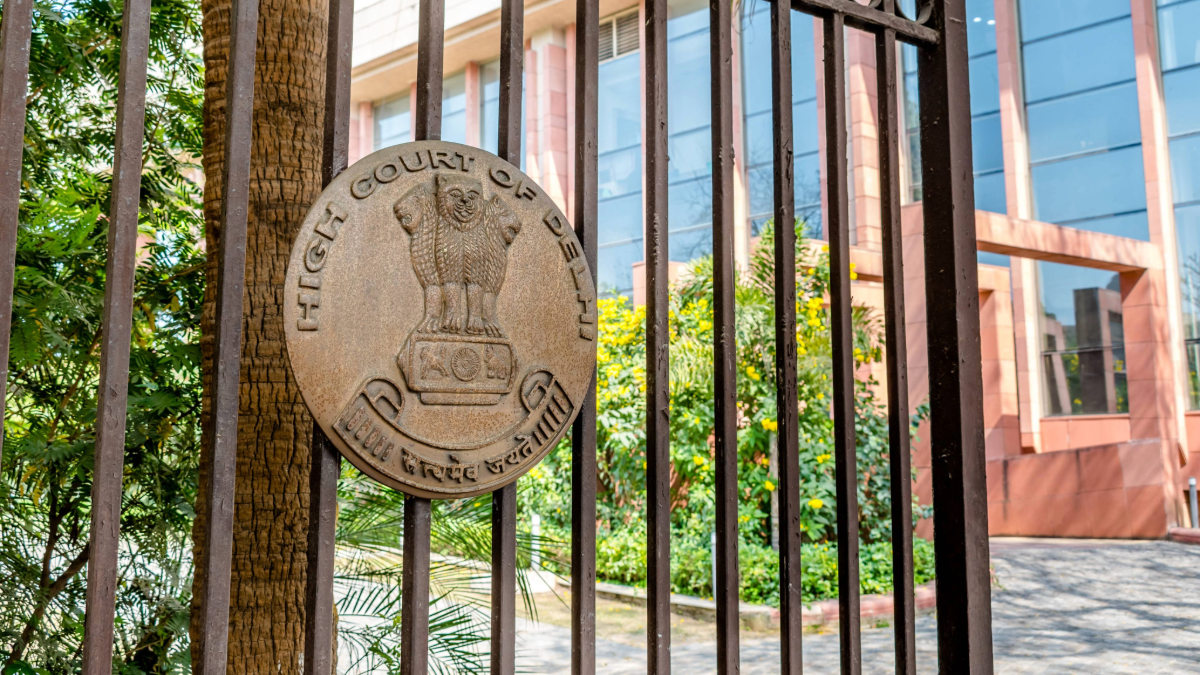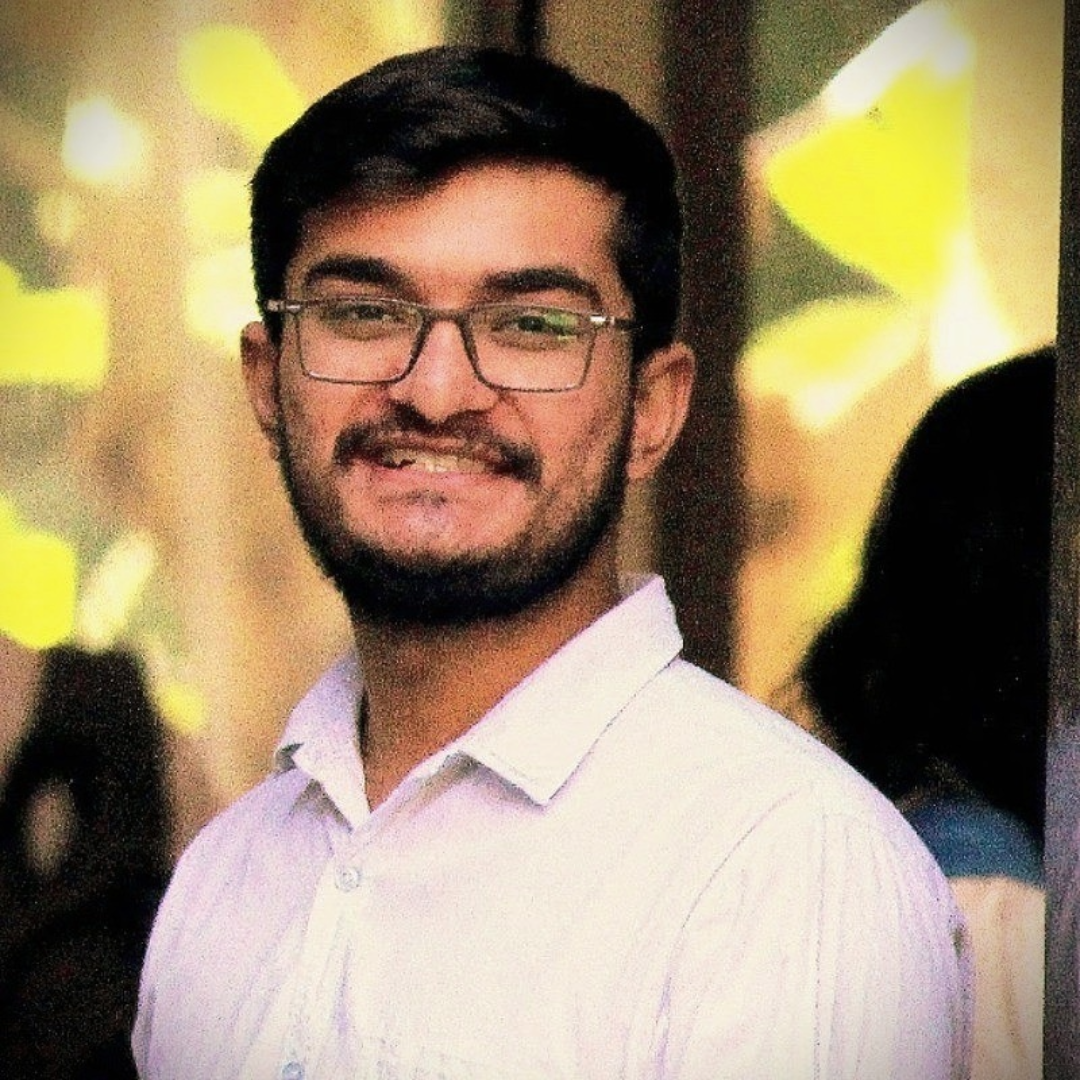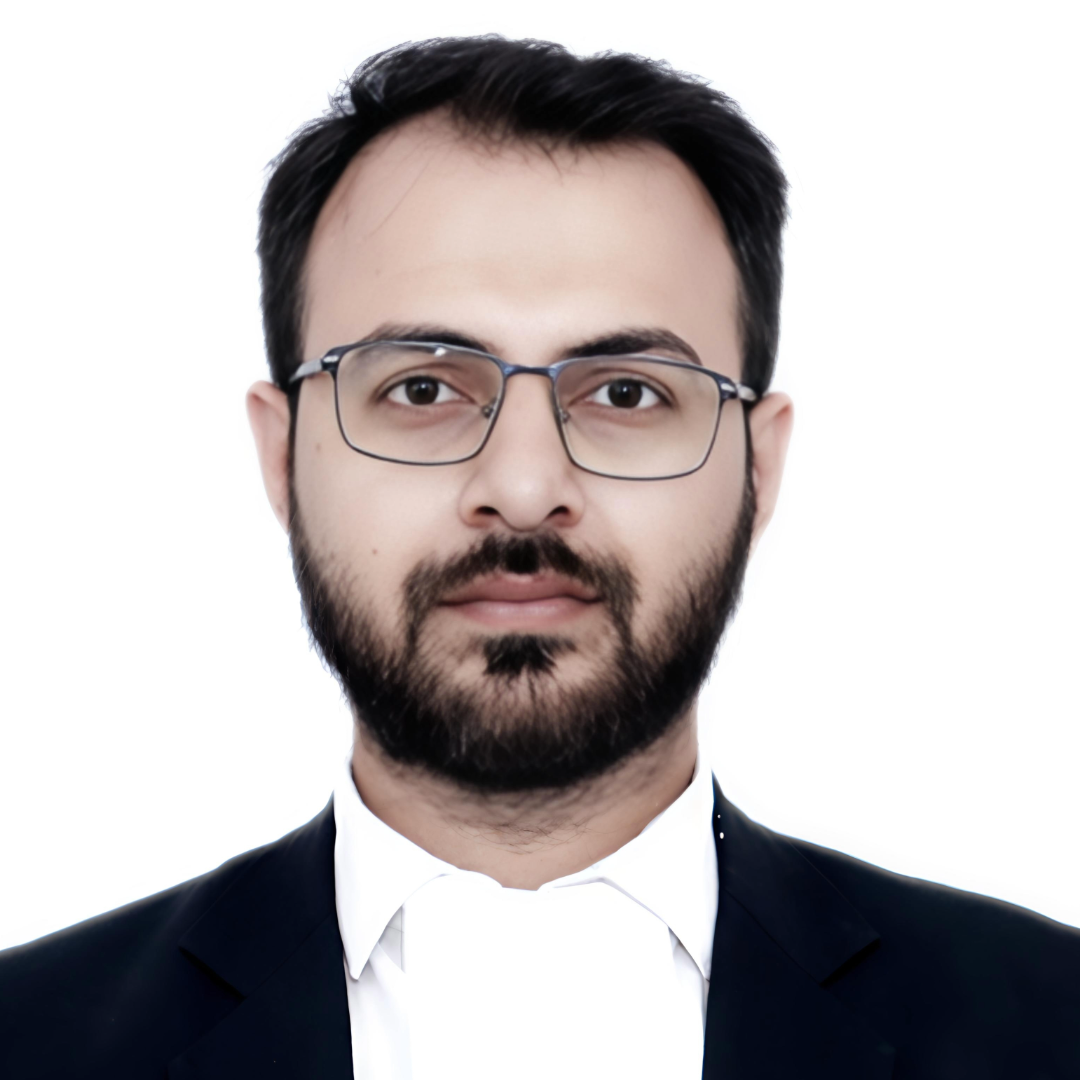Hearing in Copyright Case Against OpenAI Brought by Indian Publishers Set for March
Aklovya Panwar, Vatsalya Vishal / Feb 14, 2025
New Delhi, India - Emblem of the High Court of Delhi on the entrance gate.
The ongoing legal battle between ANI Media, an Indian news agency, and OpenAI is shaping up to define the scope of copyright infringement qua large language models (LLMs) and the use of content for training thereof under Indian law. This post covers the developments after the first hearing on the matter late last year. (A previous post on Tech Policy Press covering this issue can be accessed here.)
To recap, on November 19, 2024, OpenAI raised a preliminary objection regarding the territorial jurisdiction of the Delhi High Court, arguing that since its servers are based in the United States, an Indian court might lack jurisdiction. The court decided to defer the jurisdictional ruling until OpenAI files its written statement.
On the same day, OpenAI’s counsel informed the court that, without prejudice to its legal position, it had already blocklisted ANI’s domain (“www.aninews.in”) in October 2024, preventing ANI’s content from being included in future training datasets. The Court recorded this statement while continuing to hear arguments on ANI’s interim injunction request.
Recognizing the novel legal issues at play, the Court framed four key legal questions for deliberation:
- Whether storing copyrighted data for training ChatGPT amounts to copyright infringement;
- Whether generating user responses using copyrighted data constitutes infringement;
- Whether this use falls under ‘fair use’ as per Section 52 of the Copyright Act; and
- Whether Indian courts have jurisdiction over this matter, given that OpenAI’s servers are based abroad.
Given the precedent-setting nature of the case, the Court appointed two Amici Curiae, Adarsh Ramanujan, an intellectual property lawyer, and Dr. Arul George Scaria, a copyright law professor, to assist the court in examining these issues.
On January 8, 2025, the Federation of Indian Publishers (FIP), an industry body representing publishers in India, filed an application to join the suit as a proforma defendant. FIP argued that the case had broader implications for the publishing industry, as similar concerns about AI models using copyrighted content without authorization applied to publishers beyond ANI, and it can assist the Court with the four issues framed. It also argued that, per credible information received, the defendant company trained its LLM model using the original work of many FIP members. While ANI did not oppose FIP’s intervention, OpenAI sought time to respond. The Court allowed OpenAI to file a reply by January 27, 2025, and directed that the matter be heard alongside the main suit on January 28, 2025.
On January 28, the Digital News Publishers Association (DNPA), representing multiple digital media companies, filed an application to intervene, arguing that OpenAI’s practices affected multiple news organizations beyond ANI. It contended that these LLM models have been established by training on large amounts of text, which include copyrighted works, without licenses or permissions. ANI did not object, but OpenAI requested time to respond. The Court allowed OpenAI to file a reply within two weeks and scheduled the matter for February 21, 2025.
Additionally, the Amici Curiae submitted their initial written opinions analyzing the copyright and AI-related legal issues. The Court formally recorded these submissions and shared them with ANI, OpenAI, and the intervenors. All parties were given two weeks to file responses.
The case will continue on February 21, when the Court will hear arguments on the intervention applications filed by FIP and DNPA. Following that, hearings are scheduled for March 10 and March 18. During these hearings, the Amici Curiae will present their findings, and the Court will hear detailed submissions from ANI, OpenAI, and the intervenors.
One of the most anticipated aspects of the upcoming hearings is the Court’s decision on the issue of territorial jurisdiction, which will be addressed as part of ANI’s interim injunction application. If the Court rules that it lacks jurisdiction, the case may not proceed in India, pushing ANI to pursue legal action in the US or another jurisdiction where OpenAI operates.
It seems that OpenAI’s contention regarding jurisdiction does not appear to be finding favor either in law or in the Court. OpenAI argues that (i) it does not have any presence in India and (ii) the servers storing the training data are based in the US. Thus, any copyright infringement claim can only be brought before the appropriate court in the US and not in India. This argument may not be acceptable for the following reasons.
OpenAI’s argument stems from Section 20 of the Code of Civil Procedure, 1908, which states that a suit shall be instituted in a court in India within the local limits of whose jurisdiction the defendant (or one of the defendants) resides or where the cause of action or any part thereof arises. Since OpenAI is a US-based entity and any training data is being processed in the US, the Plaintiff cannot claim jurisdiction in Indian courts. However, this argument falls flat in light of Section 62 of the Copyright Act, which provides the Plaintiff an additional place to sue where the “Plaintiff himself resides or carries on business.” Given that ANI is a Delhi-based entity headquartered within the jurisdiction of the Delhi High Court, OpenAI cannot preclude the court from exercising its jurisdiction.
Another provision of note in this matter would be Section 75 of the Information Technology Act, 2000 (IT Act), which states that the provisions of the IT Act shall apply to offenses or contraventions committed outside India by any person, irrespective of nationality. The provision also explains that the IT Act is applicable for any offense or contravention involving a computer, computer system, or computer network located in India. While the current factual scenario squarely covers the requirements of this provision, the execution of the same still remains complicated based on mutual legal assistance treaties and the ambit thereof between India and the US. Therefore, it will be interesting to note the Delhi High Court's opinion on the issue as it may settle a long-pending question of law.
Authors

